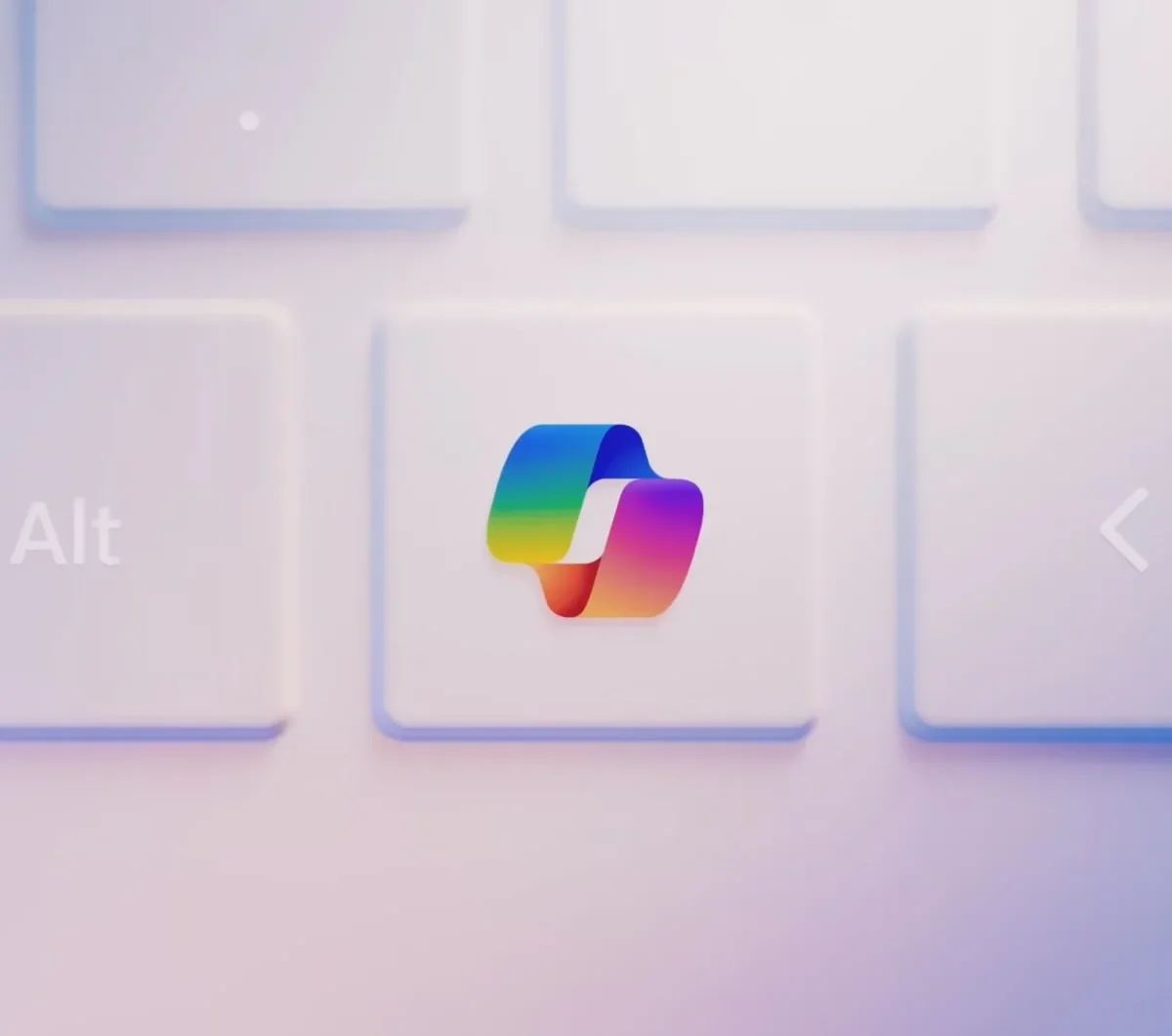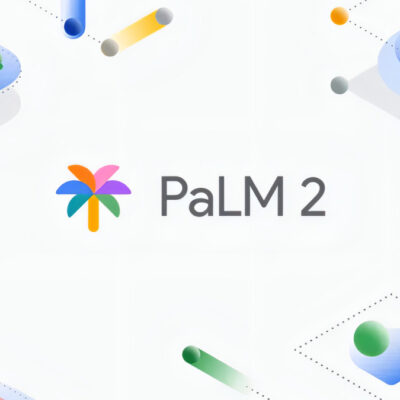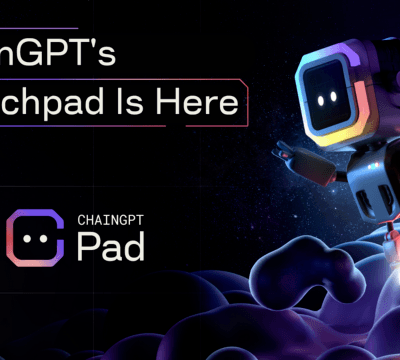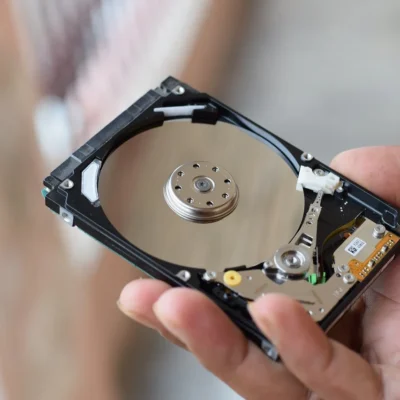Three decades later, Microsoft has unveiled a surprise addition to the Windows ‘keyboard’ with the introduction of the ‘Copilot button’. The announcement, made yesterday, showcases Microsoft’s significant investment in artificial intelligence, as the company is currently pouring billions of dollars into incorporating advanced technology into its products.
By adding the ‘Copilot button’ to the keyboard, Microsoft signals its clear ambitions for integrating artificial intelligence into computers. These machines utilize cutting-edge chips capable of running large language models and technology-driven applications directly on the device, eliminating the need for reliance on the cloud.
Industry analysts suggest that the introduction of artificial intelligence (AI) PCs could revitalize the personal computer market, which has faced challenges since the onset of the coronavirus pandemic. Canalys, a research firm, anticipates a substantial increase in demand for PCs equipped with artificial intelligence capabilities after 2025.
Microsoft reveals that the new button will be featured on the keyboards of select Windows 11 PCs and will also be showcased at the CES technology trade show in Las Vegas later this month. Professor John Tucker, a computer scientist at the University of Swansea, views the addition of this button as a “natural step,” emphasizing the value Microsoft places on this specific feature and its potential to attract users to their diverse range of products.
While Windows 11 users already have access to Copilot by pressing the Windows key + C, Professor Tucker notes that the new key underscores the company’s commitment to this feature and its ability to engage users across various products. However, he also points out that the minimal evolution of the keyboard in the last 30 years (since 1994) is not a point of pride.
Google, the world’s largest search engine, has its own AI system named Bard. Notably, it was Microsoft’s partner OpenAI that introduced the powerful AI tool ChatGPT in 2022, prompting competitors to hurriedly release their own versions. Copilot, based on OpenAI’s GPT-4 large language model, represents the latest stride in Microsoft’s foray into artificial intelligence.









